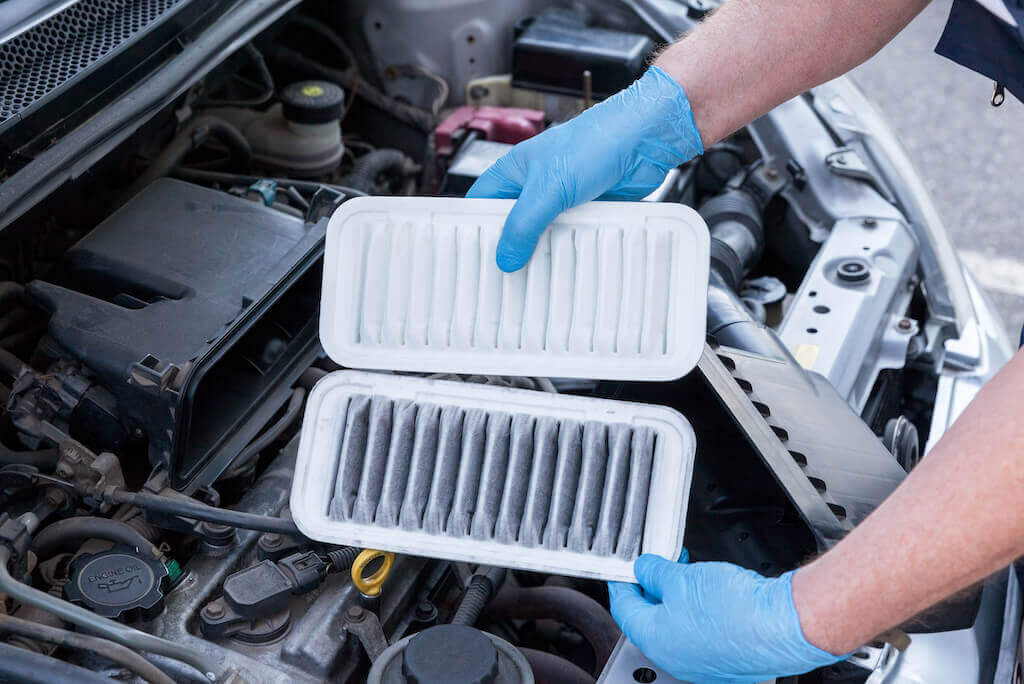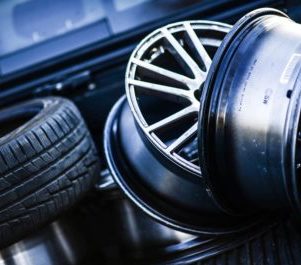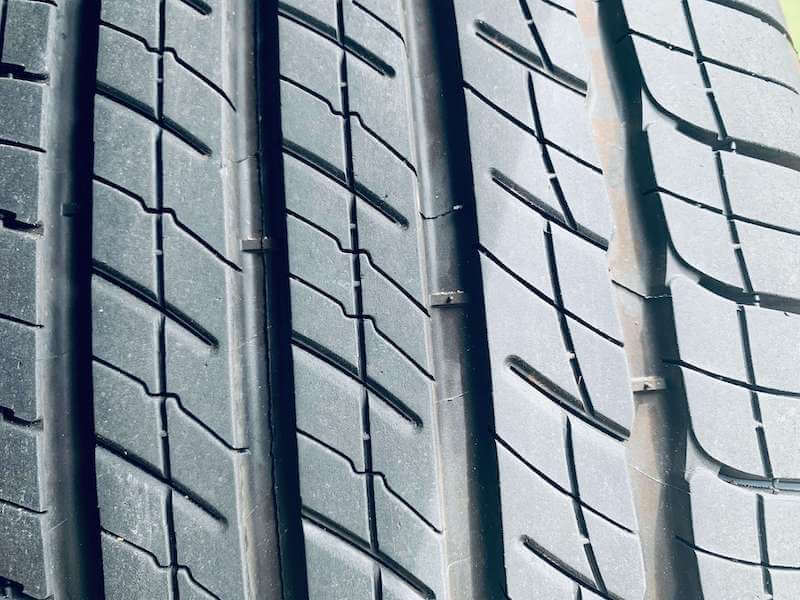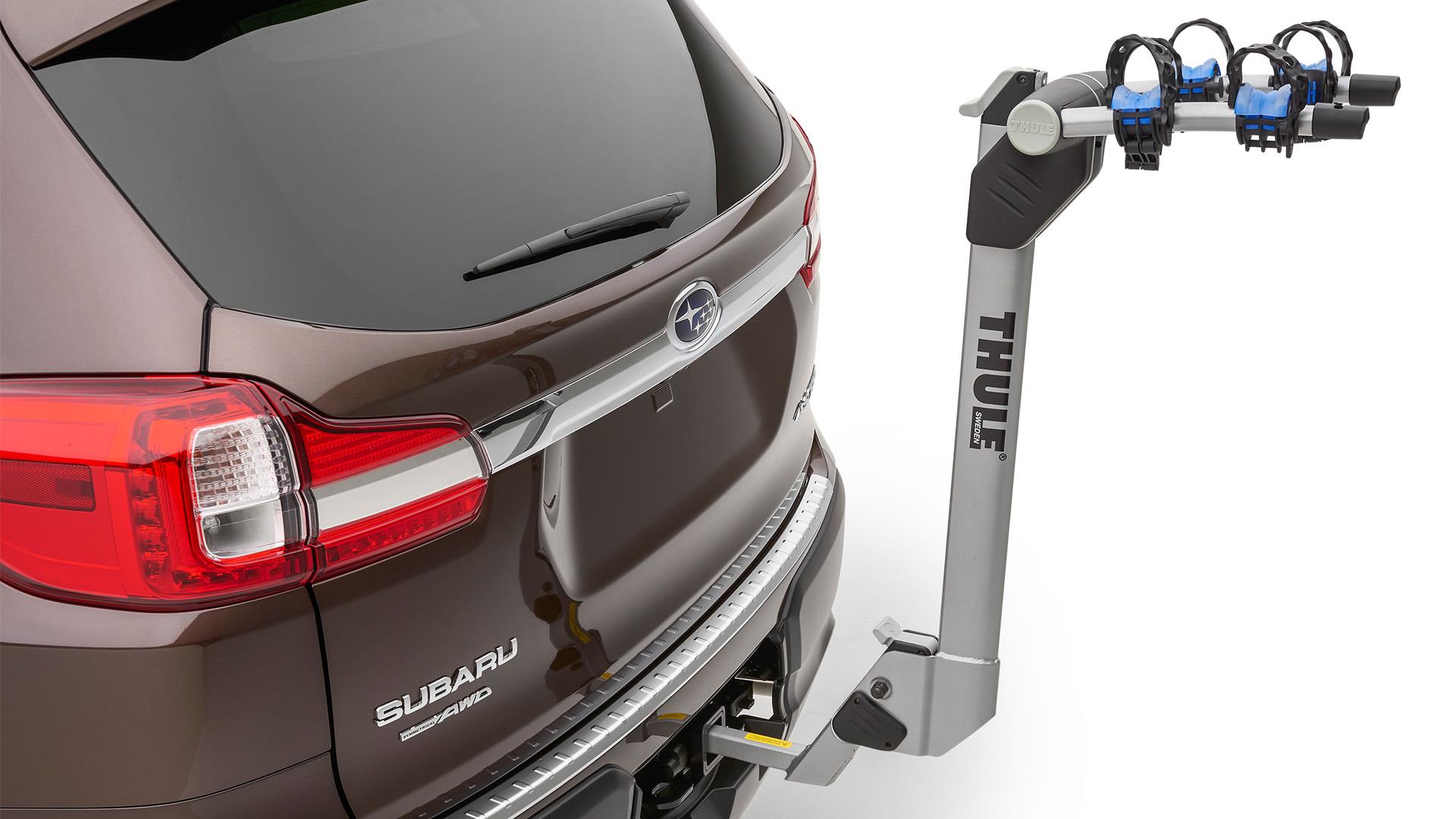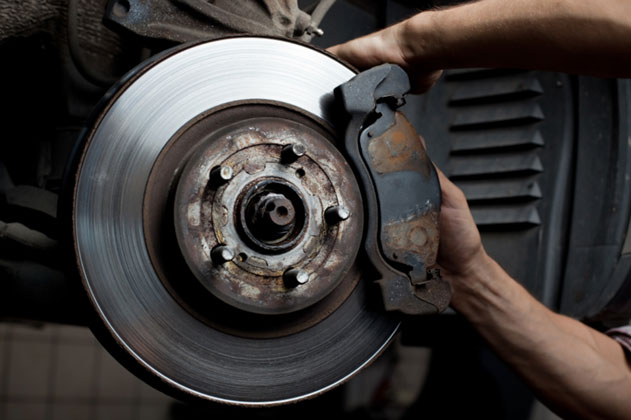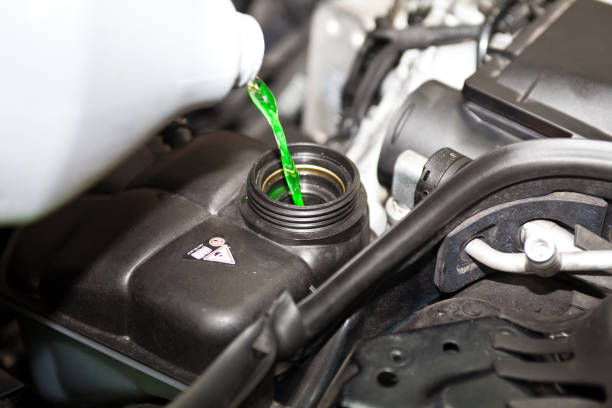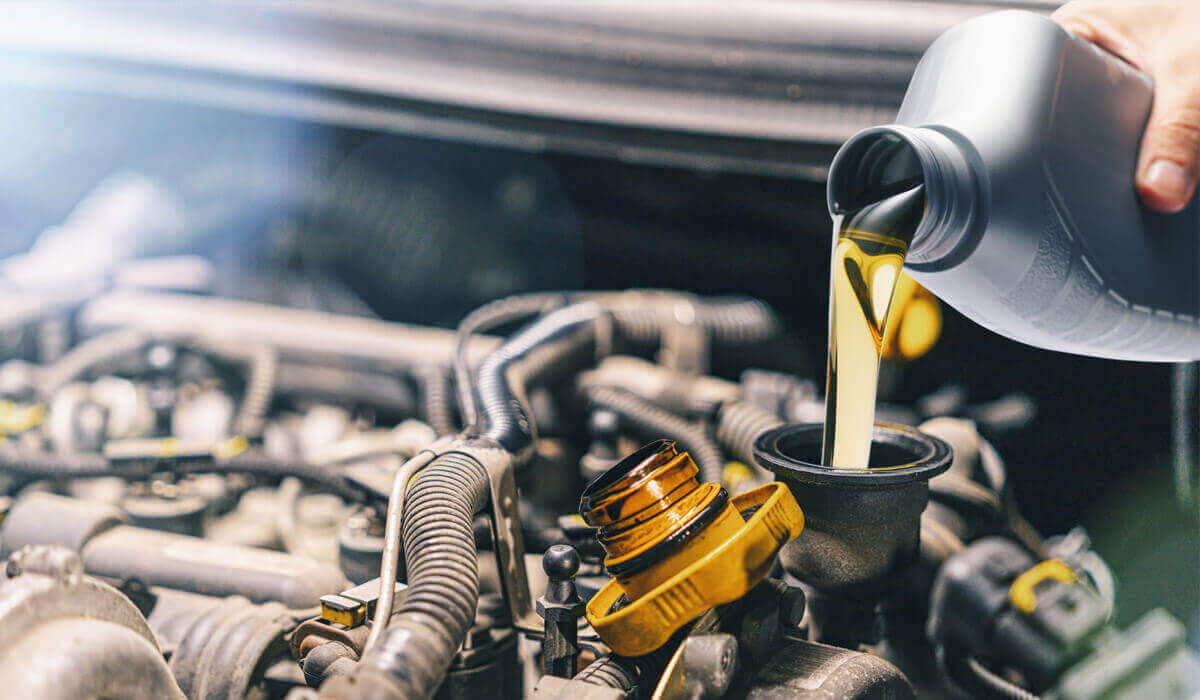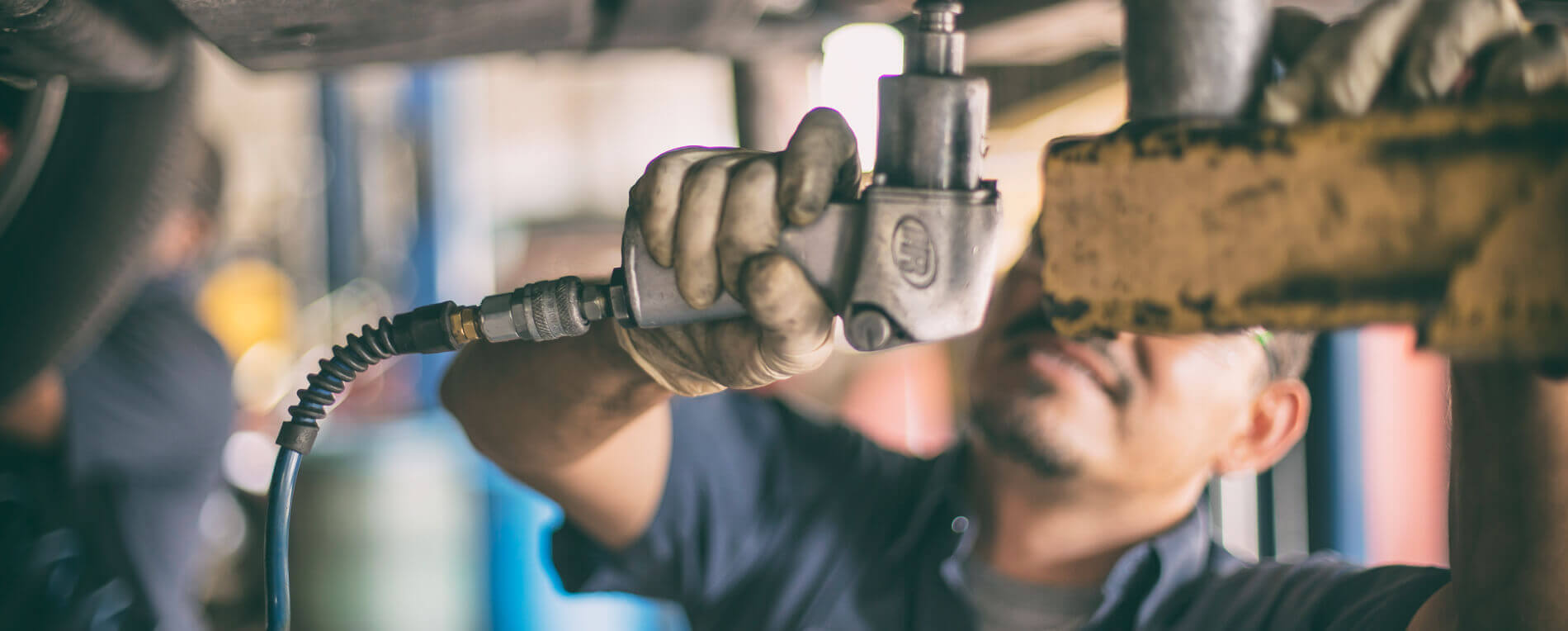When getting your vehicle serviced, you might not be surprised if your mechanic tells you it is time for your air filter replacement—however, you may be confused if they told you that you need two air filter replacements. Your car actually has two separate air filters: a cabin air filter and an engine air filter. Each of these filters works to keep harmful contaminants out of your vehicle. So what is the difference between your engine air filter and your cabin air filter?
What is a Cabin Air Filter?
When you think of an air filter, you likely associate this with a device used to clean the air you breathe. This closely aligns with the functions served by your cabin air filter. Located beneath your dashboard, this filter keeps dust and allergens from circulating through your car’s heating and cooling system. It can be challenging to control the pollutants that go through your vehicle, so your cabin air filter works hard to keep your driving experience safe, comfortable, and healthy.
How to Know When You Need a Cabin Filter Replacement
The cadence of your air filter replacements depends on your vehicle year, make, and model as well as your driving habits. You may begin to notice a change in the air quality inside of your vehicle, though this transition can be subtle and hard to notice. Generally, you will need to have this filter changed every 20,000-30,000 miles. For a more exact estimate, check your owner’s manual or ask your local mechanic for insight. If you have allergies, breathing sensitivities, experience bad pollen in your area, or live in a city with excess smog, you may need to replace your cabin air filter more frequently.
What is an Engine Air Filter?
As the name suggests, this air filter is located within your engine to keep harmful debris away from this system. While you may not think much of this small service, regular engine air filter replacements are affordable and can save you thousands of dollars in engine damage. It also helps improve your vehicle’s performance and efficiency so that you save at the pump. This is why a clean engine filter is checked during your annual emissions inspection as well as your annual vehicle inspection.
How to Know When You Need an Engine Filter Replacement
Much like your cabin filter, the cadence of your needed engine air filter replacement depends on your vehicle type. Certain environmental and driving factors can also impact how frequently you need to replace your engine filter. For drivers who often travel on a dirt road or live in a city with excess pollutants, these hazards could overwhelm your engine filter quickly. You may notice a drop in your fuel efficiency and driving performance as a result of an overdue engine filter replacement. This service is usually needed every 12,000-30,000 miles. If you are still unsure whether or not you need an engine filter replacement, visit your local vehicle service experts for insight.
Local Car Filter Replacement
Whether you need an engine filter replacement, a cabin filter replacement or any other vehicle service, the experts Chapel Hill Tire are here to help you! Our trusted mechanics include free air filter checks each time you get your Chapel Hill Tire oil change to keep you up-to-date on when you need a replacement. Make an appointment at one of our eight Triangle-area locations—including those in Raleigh, Durham, Chapel Hill, and Carrboro—today to get started!
